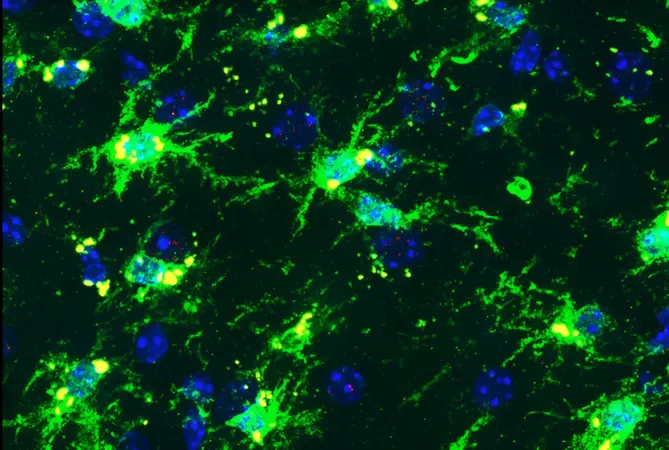
Groundbreaking Phase 2/3 Trial Reveals New Omicron-Targeted Vaccine Efficacy in Adolescents!
2024-09-30
Recent advancements in COVID-19 vaccine research have taken a significant leap forward with the promising results from a Phase 2/3 trial focused on a groundbreaking omicron-targeted vaccine, mRNA-1273.222.
This study, published in The Lancet, is particularly significant as it highlights the vaccine’s efficacy in unvaccinated adolescents who have previously tested positive for SARS-CoV-2.
Key Findings
1. Impressive Immune Response: The omicron-targeted vaccine demonstrated its ability to generate potent neutralizing antibody responses against omicron subvariants BA.4 and BA.5. In fact, the vaccine elicited superior responses when compared to the ancestral strain, showcasing its potential for long-lasting immune protection and addressing emergent viral variants.
2. Safety Profile: The study reported a favorable safety profile, with only 13% of participants experiencing unsolicited adverse events and no severe adverse outcomes prompting study withdrawal. This highlights the vaccine's safety, making it a promising candidate for adolescent vaccination programs.
3. High Seroprevalence: A nationwide blood donor survey indicated that a staggering 98.9% seroprevalence rate for SARS-CoV-2 was observed among adolescents aged 12-17, emphasizing the widespread exposure and necessity of effective vaccination as part of ongoing public health strategies.
4. Single-Dose Advantage: Notably, the study underscored the benefits of a streamlined single-dose regimen, which may enhance vaccination uptake among adolescents who may be deterred by multiple doses. Such a simplified vaccination strategy could be vital in combating future variants and ensuring timely protective measures.
Challenges and Future Directions
While the findings are encouraging, they do come with caveats. Researchers acknowledged the study's open-label design, which could introduce bias. Furthermore, data regarding live virus neutralization and cellular immune responses were lacking. The demographic makeup of participants—predominantly Hispanic or Latino—also raises questions about the generalizability of the results across varied populations.
As the world continues to grapple with the COVID-19 pandemic, ongoing research is critical. The study emphasizes the need for continuous monitoring of vaccine effectiveness against emerging variants to inform future vaccination strategies and bolster our defenses against the virus.
The conclusion?
mRNA-1273.222 demonstrates significant promise for not only current public health measures but also as a template for upcoming variant-containing vaccines. The findings advocate for a simplified vaccination approach that could greatly benefit the global adolescent population in the ongoing fight against COVID-19.


 Brasil (PT)
Brasil (PT)
 Canada (EN)
Canada (EN)
 Chile (ES)
Chile (ES)
 España (ES)
España (ES)
 France (FR)
France (FR)
 Hong Kong (EN)
Hong Kong (EN)
 Italia (IT)
Italia (IT)
 日本 (JA)
日本 (JA)
 Magyarország (HU)
Magyarország (HU)
 Norge (NO)
Norge (NO)
 Polska (PL)
Polska (PL)
 Schweiz (DE)
Schweiz (DE)
 Singapore (EN)
Singapore (EN)
 Sverige (SV)
Sverige (SV)
 Suomi (FI)
Suomi (FI)
 Türkiye (TR)
Türkiye (TR)